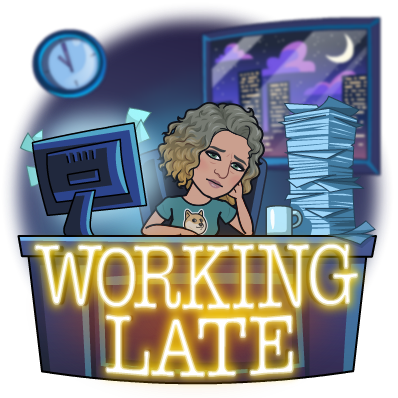What do your hobbies do for you?
Do you knit, run, read, eat, garden? Hobbies are acticities that we do for the sheer pleasure of doing them. They help us take time for ourselves. Whether they are sports related or a more relaxing activity, a hobby is something to enjoy. In other words, when you have given them a bit of time, you feel recharged and happy–as opposed to guilty or tired.
Personnally, I have more hobbies than I probably should. I love relaxing. I knit, paint, garden, cook, take long walks with my dog, read and write blogs. In fact, my hobbies help me channel a lot of creative energy. My husband on the other hand uses hobbies like obsesive video game playing to expell his stress. I’m not sure that it works though.
Moreover, not everybody nutures hobbies. In fact, in many cultures hobbies can be viewed as lazy or a waste of time–something you do when you are children or you want to avoid ‘real’ work. What do you think? Are hobbies healthy or a waste of time? In this Huffington Post article, the author develops the idea that there are good and not so good hobbies.
Warm up
Do a Mind Map of the different hobbies.
The Artcle: Healthy Hobbies That Will Improve Your Life
- Scan for words that describe the benefits of hobbies.
- What hobbies do you have?
- Out of the 11 hobbies listed in the article, which would you like to try?
- What is it about that activities that sparks your interest?













